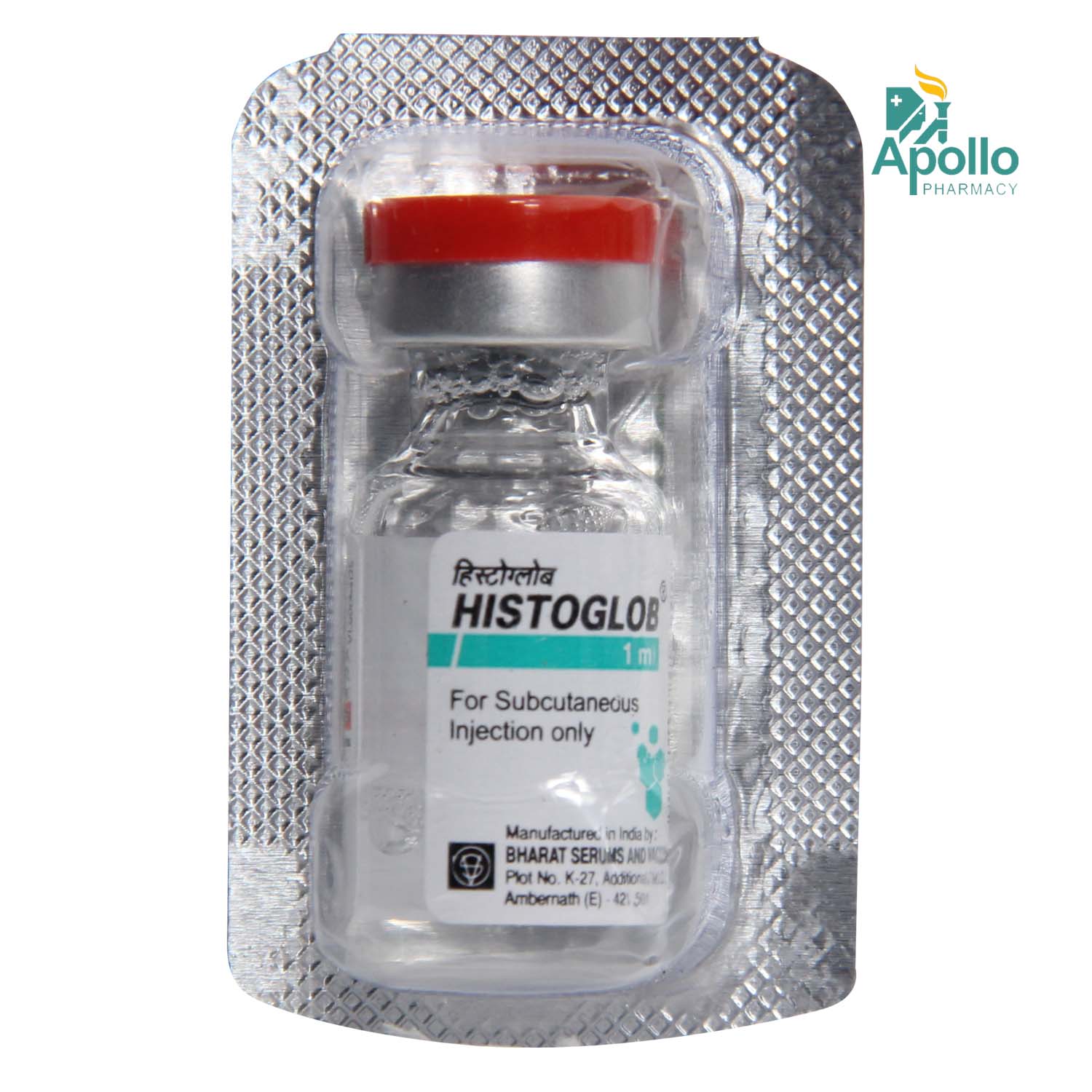Sodium Thiosulphate
About Sodium Thiosulphate
Sodium Thiosulphate is an antidote used to treat cyanide poisoning. It is a life-threatening condition that occurs when cyanide, a toxic chemical, prevents the body from using oxygen, potentially damaging organs.
Sodium Thiosulphate contains sodium thiosulphate, which works by helping the body convert cyanide to a less dangerous chemical called thiocyanate.
Sodium Thiosulphate will be administered by a healthcare professional; do not self-administer. Some people may experience headache, disorientation, diarrhoea, increased urge to urinate, dizziness, nausea and vomiting, muscle cramps or joint pain, blurred vision, strange or disturbing thoughts or behaviour, buzzing, hissing, whistling, ringing, or another persistent noise in the ears. Most of these side effects of Sodium Thiosulphate do not require medical attention and gradually resolve over time. However, please contact your doctor if these side effects persist or worsen.
Before starting treatment with Sodium Thiosulphate, inform your doctor if you are allergic to any of its components. Consult your doctor if you are breastfeeding or pregnant. Do not drive or operate machinery, as this medicine may cause dizziness or blurred vision. Let your doctor know if you have any pre-existing medical conditions or liver/kidney diseases before receiving Sodium Thiosulphate.
Uses of Sodium Thiosulphate
Medicinal Benefits
Sodium Thiosulphate is an antidote for cyanide poisoning. It is often used with sodium nitrite and also prevents poisoning caused by sodium nitroprusside. It works by helping the body convert cyanide to a less dangerous chemical called thiocyanate. It also has antioxidant effects that can help minimize tissue damage in certain conditions.
Directions for Use
- Follow your doctor’s instructions on the dosage and timing of this medication to ensure safe and effective use.
- Sodium Thiosulphate should be administered by a nurse or doctor to ensure proper dosage, technique, and monitoring for any potential side effects or complications.
- Do not self-administer.
Storage
Side Effects of Sodium Thiosulphate
- Headache
- Disorientation
- Diarrhoea
- Increased urge to urinate
- Dizziness
- Nausea
- Vomiting
- Muscle cramps or joint pain
- Blurred vision
- Strange or disturbing thoughts or behaviour
- Buzzing
- Hissing
- Whistling
- Ringing or another persistent noise in the ears
Drug Warnings
Before taking Sodium Thiosulphate, inform your doctor if you are allergic to any of its components. Let your doctor know if you are pregnant, breastfeeding, or have liver or kidney problems. Also, alert your doctor if you have hypertension. Avoid alcohol during treatment with Sodium Thiosulphate. Always discuss any medical conditions with your doctor before starting treatment. Follow your doctor’s advice on the proper use of Sodium Thiosulphate.
Drug Interactions
Drug-Drug Interactions: No interactions found/established.
Drug-Food Interactions: No interactions found/established.
Drug-Disease Interaction: If you have a history of kidney or liver problems, inform your doctor before taking Sodium Thiosulphate.
Drug-Drug Interactions Checker List:
Safety Advice

Alcohol
cautionThe interaction of alcohol with Sodium Thiosulphate is unknown. Please consult a doctor before consuming alcohol with Sodium Thiosulphate.

Pregnancy
cautionSodium Thiosulphate is given to pregnant women only if the doctor thinks the benefits outweigh the risks to the foetus.

Breast Feeding
consult your doctorIt is unknown whether Sodium Thiosulphate passes into breast milk, so consult your doctor before using it while breastfeeding.

Driving
cautionThere is no data available; it is unknown whether Sodium Thiosulphate affects your driving ability.

Liver
cautionSodium Thiosulphate should be used with caution if you have a history of liver diseases/conditions. Your doctor will decide to administer Sodium Thiosulphate if the benefits are greater than the risks.

Kidney
cautionSodium Thiosulphate should be used with caution if you have a history of kidney diseases/conditions. Your doctor will decide to administer Sodium Thiosulphate if the benefits are greater than the risks.

Children
cautionSodium Thiosulphate is given to children in doses advised by a doctor based on the child’s age and weight.
Habit Forming
Diet & Lifestyle Advise
- Drink plenty of water to remove toxins.
- Eat antioxidant-rich foods like fruits, vegetables, and whole grains.
- Reduce or avoid alcohol and smoking, which can increase toxicity.
- Include foods like garlic, turmeric, and leafy greens in your diet.
Patients Concern
Disease/Condition Glossary
Cyanide poisoning: It is a condition caused by exposure to cyanide, a toxic substance that interferes with the body’s ability to use oxygen. This leads to symptoms such as headache, dizziness, shortness of breath, and confusion, and can progress to unconsciousness or death. Cyanide poisoning can result from inhalation, ingestion, or absorption of cyanide. Immediate treatment with antidotes like sodium nitrite is crucial for survival.
FAQs
Sodium Thiosulphate is used to treat cyanide poisoning and prevent poisoning caused by sodium nitroprusside.
Sodium Thiosulphate contains sodium thiosulphate, which works by helping the body convert cyanide to a less dangerous chemical called thiocyanate.
Sodium Thiosulphate may cause side effects such as headache, disorientation, diarrhoea, increased urge to urinate, dizziness, nausea and vomiting, muscle cramps or joint pain, blurred vision, strange or disturbing thoughts or behaviour, buzzing, hissing, whistling, ringing, or another persistent noise in the ears. Please consult your doctor if these side effects persist or worsen.
Sodium Thiosulphate should be stored at temperatures from 20°C to 25°C. Do not freeze. Keep it protected from light and out of reach of children. Sodium Thiosulphate should be disposed of after using it once by following local guidelines or asking your pharmacist how to dispose of unused medicine properly.
Sodium Thiosulphate is safe when used in the dose and duration advised by a doctor. Avoid exceeding the recommended doses of Sodium Thiosulphate.
You are recommended to take Sodium Thiosulphate for as long as it is advised by your doctor for effective results. Please contact your doctor if these symptoms continue for longer durations.
Sodium Thiosulphate is a parenteral therapy, administered by a healthcare professional. The appropriate dose is carefully determined and given based on individual patient needs. Using more than the recommended dose is not recommended, as it can increase the risk of serious side effects.





